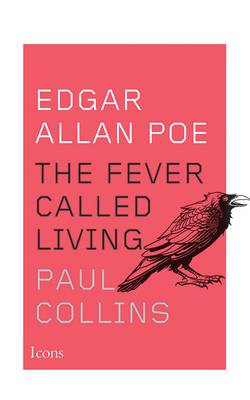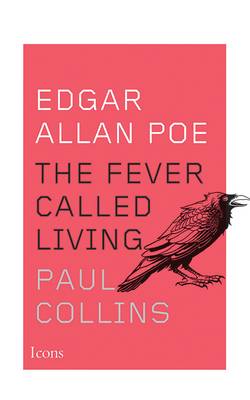
- Retrait gratuit dans votre magasin Club
- 7.000.000 titres dans notre catalogue
- Payer en toute sécurité
- Toujours un magasin près de chez vous
- Retrait gratuit dans votre magasin Club
- 7.000.0000 titres dans notre catalogue
- Payer en toute sécurité
- Toujours un magasin près de chez vous
Description
Looming large in the popular imagination as a serious poet and lively drunk who died in penury, Edgar Allan Poe was also the most celebrated and notorious writer of his day. He died broke and alone at the age of forty, but not before he had written some of the greatest works in the English language, from the chilling "The Tell-Tale Heart" to "The Murders in the Rue Morgue"--the first modern detective story--to the iconic poem "The Raven."
Poe's life was one of unremitting hardship. His father abandoned the family, and his mother died when he was three. Poe was thrown out of West Point, and married his beloved thirteen-year-old cousin, who died of tuberculosis at twenty-four. He was so poor that he burned furniture to stay warm. He was a scourge to other poets, but more so to himself.
In the hands of Paul Collins, one of our liveliest historians, this mysteriously conflicted figure emerges as a genius both driven and undone by his artistic ambitions. Collins illuminates Poe's huge successes and greatest flop (a 143-page prose poem titled Eureka), and even tracks down what may be Poe's first published fiction, long hidden under an enigmatic byline. Clear-eyed and sympathetic, Edgar Allan Poe is a spellbinding story about the man once hailed as "the Shakespeare of America."
Spécifications
Parties prenantes
- Auteur(s) :
- Editeur:
Contenu
- Nombre de pages :
- 144
- Langue:
- Anglais
- Collection :
Caractéristiques
- EAN:
- 9781477825495
- Date de parution :
- 15-01-19
- Format:
- Livre broché
- Format numérique:
- Trade paperback (VS)
- Dimensions :
- 140 mm x 206 mm
- Poids :
- 181 g

Les avis
Nous publions uniquement les avis qui respectent les conditions requises. Consultez nos conditions pour les avis.






